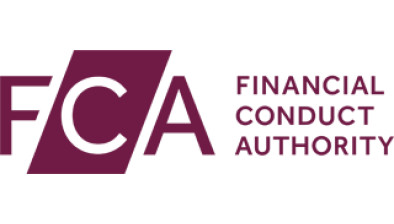FRC encouraged by reporting by applicants on stewardship

The Financial Reporting Council (FRC) is “encouraged” by reporting by applicants on stewardship, according to a new report which analyses reports from the first signatories to the revised Code published in September 2021.
According to the report, ‘Effective Stewardship Reporting: Examples from 2021 and expectations for 2022’, there continues to be high quality of disclosures in the areas of governance, resourcing, and the integration of stewardship and ESG factors with investment.
However, there is still room for improvement in explaining how they manage stewardship-related conflicts of interest, how managers review and assure their stewardship activities, and how they monitor and hold to account service providers operating on their behalf.
The report outlines key areas of focus for applicants to report on in the future, such as how market-wide and systemic risks are being managed, stewardship in asset classes other than listed equity, detailed reporting on the outcomes of engagement and providing case studies to illustrate both process and impact.
Mark Babington, executive director regulatory standards, said: “Stewardship plays a crucial role in ensuring that investments are responsibly managed to create long-term value for savers and pensioners, and wider benefits for the economy, the environment and society.
“The pandemic and climate crisis have highlighted the importance of investors using the rights and opportunities available to them to engage with companies on their performance and especially environmental, social and corporate governance issues. In this report the FRC outlines how quality stewardship reporting results into better transparency for pensioners, savers and investors about how their hard-earned money is being managed for better long-term outcomes.”
Early next year the FRC will publish a research report that looks at how stewardship governance, resourcing and engagement has evolved and the influence of the new Stewardship Code. The aim of this is to enhance the UK’s position as a destination for long-term, sustainable investment, bringing wider benefits for the economy, the environment and society.










